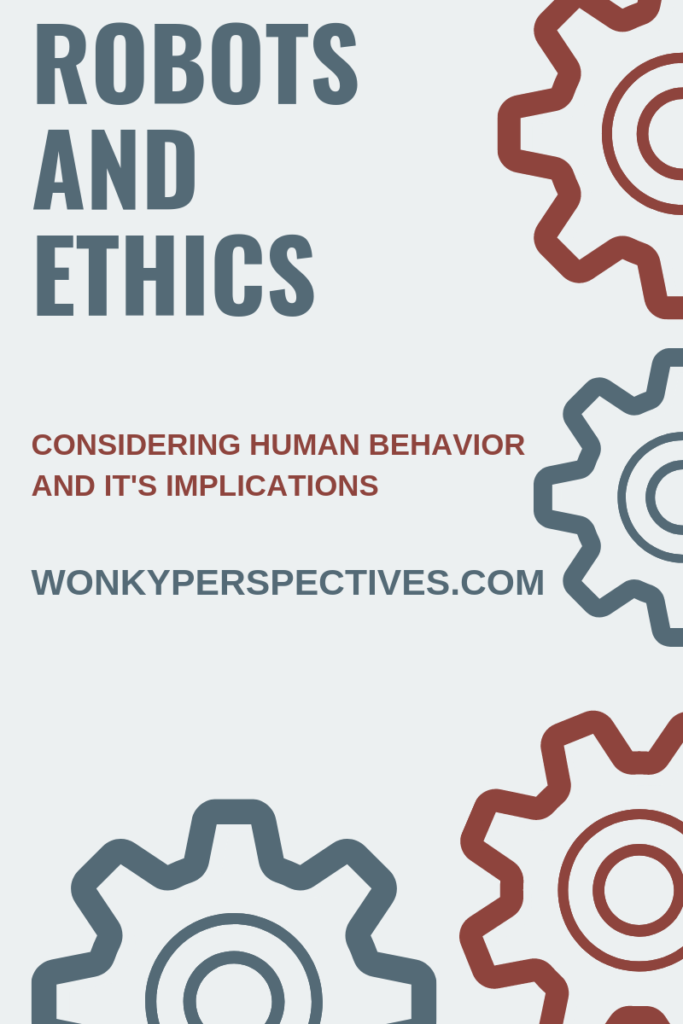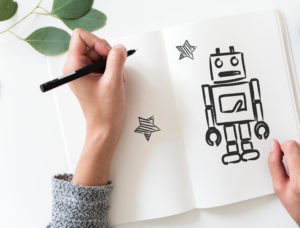
I have big news! My work has been accepted by Windtree Press and I will joining the consortium of authors and releasing books through WonkyPerspectives WP and Windtree Press WP! Check out my new author page at the site
It was meant to be 😀

I have big news! My work has been accepted by Windtree Press and I will joining the consortium of authors and releasing books through WonkyPerspectives WP and Windtree Press WP! Check out my new author page at the site
It was meant to be 😀

Are you a writer and do you want to learn about poisons? I’m super excited to announce that my blog post was accepted by Night Owl Romance about this exact topic.
I’ve been asked many times to expound more on poisons and how they work for creating a real feel in murder mystery or cozy mystery books. So finally, I wrote an article on two poisons that can be used, and its up!
Please click here to go to the article directly, please comment there or below here if you have any questions.
If you like it, please do let me know.
It is 2019 and a good reason to write about robots!

Robots and artificial intelligence machines are slowly entering the workplace, and your house. They are even more popular on social media and entertainment, you might even see an automated car being driven by … no one. Today you might do a double-take, but soon this might become the norm. Isaac Asimov’s ‘Three Laws of Robotics’ has been debated over and over. His Robot series (books) have been studied and admired for ages. Ideas have been pulled out of science-fiction into reality. Robots that look like humans but have machine power and ruthlessness remind people of ‘The Terminator’, so much so that an apocalyptic future is immediately visualized. Somehow, over the years, doom has been equated with robots.
Engineers, psychologists, and scientists, have studied human behavior and predicted that we humans need robots to have ‘human-like’ features, so that they do not intimidate us. The human-esque characteristics is supposed to allow robots to inter-mingle amongst common folk and not stand out. Currently, we see robots in Japan having alluring facial features that are so human-like they can now report as newscasters without issue. Saudi-Arabia has a female robot, beautiful, who will answer any question you have. She has even attained a citizenship in the same country. Unfortunately, driverless cars do not get the same treatment. People are pelting these AI cars, forcing them to stop, sometimes damaging them for fun, sometimes from the fear to relinquishing control to non-humans and possible job loss.
It is only a matter of time that human features, will extend to human characteristics.

The day will come when mundane jobs go to robots. And to get humans on board with the idea, robots will have to have humanistic features and making robots ‘cuddly’. Remember the Jetsons? (Hanna & Barbera) George Jetson had to go to work for three hours a day and would return a tired man. I agree with the creators on that aspect, human beings will have jobs and positions that require oversight of robots.
Since the cost of one-function robots (such as those used in manufacturing) will reduce, it will make it financially viable for menial jobs to be fulfilled at cheaper rates, plus they don’t require health insurance. Slightly complicated functions, those requiring multiple steps, such as cleaning (and not solely vacuuming), or cooking, would be completed by humans. They would just be accompanied with free healthcare, education, food, residence, and a basic stipend to live off of.
But what happens next?
Douglas Adams has already done the work and foretold our future. Genuine People Personalities—GPP—a term coined by Adams in ‘The Ultimate HitchHikers Guide’ will be the next step. The book (which is hilarious) has a ‘sad’ robot named Marvin. The author even discusses why GPP should not be assigned to robots. Imagine you’re having a bad day and your door and windows are annoyingly cheerful instead of commiserating in your misery… Someone’s getting smashed with a hammer! I highly recommend reading it, if you like to laugh 😊
For the record, I prefer a professional and courteous relationship with gadgets and robots. After all, when the time comes, robots will be happier with the humans who had the good sense of being nice to them. If you are wondering why would we humans mistreat robots, its not like they have willpower.
Case and point: We already do. We treat other humans, animals, any inanimate, animated thing lying around the house, anything and anybody, simply awfully. So right now, engineers and scientists are incorporating behavioral responses to robots to ensure that they are not mistreated. Watch what happens when a human kicks a Boston Dynamics robot.
Watch robot dog ‘Spot’ run, walk…and get kicked
The reaction you just had after watching the video? Empathy. The Institute of Electrical and Electronics Engineers in 2015 discussed the very same topic asking whether it was ethical to kick a robot.
Now we ensure that the robots know how to defend themselves or pick themselves up after an encounter.
Say even monotonous robots pass muster and everything is clear and simple. Now what?
Hormones
Now you may wonder, why should anyone want to add hormones to robots? After all their calm, equitable, and un-biased behavior is preferred, correct? Yes… but consider this – uncertainty.
There will be a point when human and animal lives will be considered too precious and we will use robots in their place for any endeavor involving hazard and chance. More to the point, betting on horse and dog racing, boxing, MMA fighting, and football, sports.
It is not a question of IF humans add hormones such as testosterone and estrogen to evoke genuine people personalities and un-certainty, but WHEN. And as the time nears us, rules and ethical questions must be answered.
Should the company be held responsible for accidents? Or should the company destroy the individual robot? Harsher punishments include the person or team designing the algorithm or software update that caused the malfunction? What if the company forced an impossible deadline on the human team to release the update prior to reliability studies? Clearly in this case, the onus is on the company. As mentioned above, there are many various scenarios that the law must take into account.
To say the least, it will be a very interesting future. One where the physical strength of robots can be significant enough to make people pause and perhaps change their atrocious behavior. Maybe this is what needs to happen to stop domestic violence and human on human acts of violence.
What are your thoughts on the subject? Should we start drafting laws and rules to quell some of the fears and protect our future citizens? Should robots be allowed in the house? If yes, what is the responsibility of the human to take care of the robot? Let me know by leaving a comment.